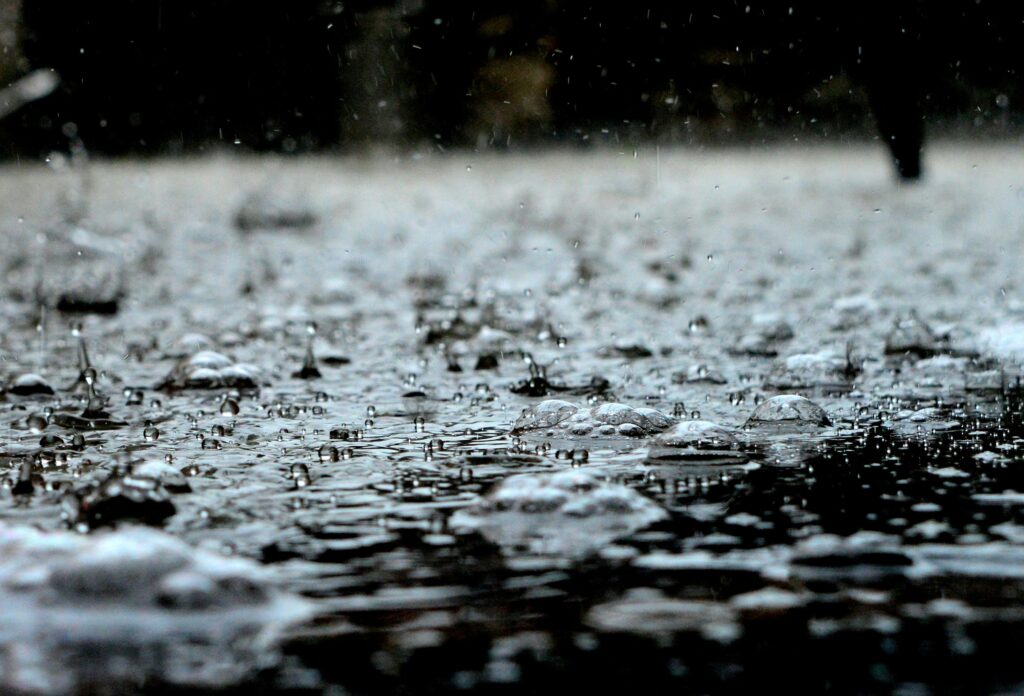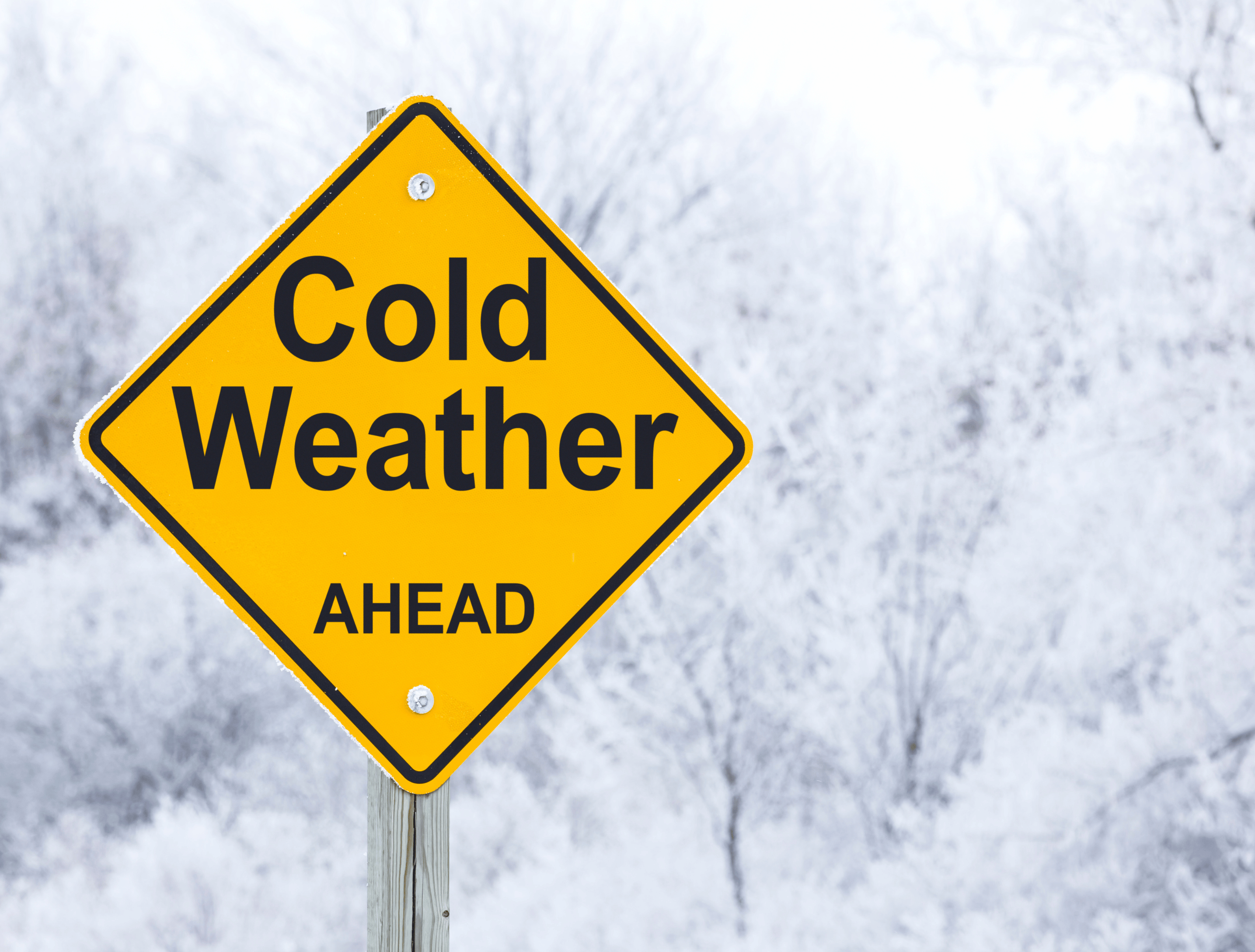How San Antonio Weather Affects Your Septic System.
San Antonio, known for its crazy weather patterns, presents unique challenges for homeowners, particularly when it comes to septic maintenance. In this guide, I will explore how San Antonio Weather affects your septic system and provide you with the best tips for effective septic maintenance in San Antonio.

Understanding Your Septic System
A well-functioning septic system is vital for the health of your San Antonio home. Understanding your septic system fully is the first step when it comes to knowing how to take care of it. I have a new blog post coming that will detail the basics of owning and operating a septic system so keep an eye out for that next week. To save us some time though, I will go through the most important details in this section.
Basic Components of a Septic System:
- Septic Tank: This is where waste from your household plumbing is collected. Solids settle at the bottom, while lighter waste, like oils and grease, floats to the top.
- Drain Field: Also known as a leach field, this area filters effluent from the septic tank and disperses it into the soil.
- Pipes: These transport waste from your home to the septic tank and from the tank to the drain field.
- Vent System: This ensures gas generated by waste decomposition escapes safely.
How a Septic System Works:
- When waste enters the septic tank, it’s separated into three layers: solids, effluent (liquid waste), and scum.
- Bacteria in the tank break down the solids, reducing their volume and turning some into liquids and gasses.
- The effluent, now partially treated, flows out into the drain field. Here, it further percolates through the soil, receiving additional treatment from soil-based bacteria.
- This natural filtration process removes harmful bacteria, viruses, and nutrients from effluent before it reaches groundwater
Now that you understand some of the basics of septic systems, let’s explore some of the issues (and how to solve them ) when it comes to the effects of San Antonio’s harsh weather.
Effects of Heavy Rainfall and Flooding
San Antonio’s weather can bring about heavy rainfall, significantly impacting septic systems. Here’s what homeowners need to know:
Risks to Septic Systems During Heavy Rainfall:
- Saturation of Drain Fields: Excessive rain can saturate the ground around your drain field, preventing the effluent from filtering properly. This can lead to backups and surface pooling.
- Overflowing Tanks: Heavy rain can cause water to flow back into the septic tank, leading to overflow and potential backups into your home.
- Erosion and Damage: Intense rain can erode soil and damage septic system components, including pipes and the tank itself.
Preventative Measures:
- Regular Inspections: Have your system inspected before the rainy season to ensure it can withstand heavy rains.
- Proper Drainage: Ensure your property has adequate drainage to divert water away from the septic system.
- Pump the Tank Regularly: Keep the tank pumped to prevent overflowing during heavy rains.
Immediate Steps During Heavy Rain:
- Reduce Water Usage: Limit the use of water in your home during heavy rainfall to reduce strain on the septic system.
- Monitor the System: Keep an eye on signs of failure, such as slow drains or sewage backups.
Remember that although some of these problems sound worrying, they can all be taken care of with the proper preparation and maintenance of your system.
Drought Conditions and Your Septic System
As if droughts couldn’t be bad enough already, they too can affect the performance of your septic system. Not to worry though, here are some of the common challenges caused by droughts onto your system and how to prevent them.
Challenges Posed by Drought:
- Compacted Soil: Dry, compacted soil in the drain field can impede the absorption of effluent, reducing the effectiveness of the system.
- Cracks and Damage: Prolonged dry spells can lead to cracks in your septic tank and pipes.
Maintenance During Drought:
- Water Conservation: Like before, reducing water usage during droughts helps lessen the load on your septic system.
- Regular Inspections: Inspect for cracks or damage that may be exacerbated by dry conditions.
As a bit of a bonus tip, one way that you can reduce the load on your septic system is by landscaping with drought-resistant plants. These plants help maintain the soil quality around your septic system as opposed to other types of plants.

High Temperatures and Septic System Health
San Antonio’s sweltering summers can also affect the performance of your septic system by accelerating the evaporation of liquid in your septic system, potentially leading to an imbalance. High temperatures can also stress the system’s components. Regular septic maintenance checks in San Antonio during these months are crucial to ensure that your system is not overburdened.
Impact of High Temperatures:
- Evaporation: Increased evaporation rates can affect the balance of liquids in the septic tank.
- Bacterial Activity: High temperatures can alter the bacterial balance necessary for breaking down solids.
Summer Maintenance Tips:
- Regular Inspections: Ensure your system is functioning properly before the hottest months.
- Adequate Cover and Insulation: Ensure your septic system, especially the tank, has adequate cover to prevent overheating.
Some of the best ways to prevent the effects of San Antonio’s blazing summers is by designing your own shade strategies. These are strategies that will place your septic system under the protection of your artificially created shade, such as by planting shade trees (at a safe distance) to help keep your system cool.
Another way to prevent any problems in the summer is by avoiding overloading the system. The Summer time typically comes with higher water usage, so be wary of the amount of water you are using to keep your septic system working as normal.
Cold Weather Considerations
While San Antonio is known for its warm climate, occasional cold snaps can affect septic systems. Understanding these impacts is key for effective septic maintenance.
Effects of Cold Weather on Septic Systems:
- Freezing Risks: In rare instances of freezing temperatures, pipes can freeze and crack, leading to leaks and system failures.
- Slowed Bacterial Activity: Colder temperatures can slow down the bacterial process in the septic tank, reducing its efficiency in waste breakdown.
Winterizing Your Septic System:
- Insulation: Keep the system insulated, perhaps with a layer of straw or mulch over the tank and pipes.
- Regular Use: Regular water flow through the system can prevent freezing.
- Professional Inspection: Have a professional assess your septic system before the cold season to ensure it’s prepared for lower temperatures.
Seasonal Maintenance Tips
Adapting your septic maintenance to San Antonio’s seasons year-long ensures the system’s health and longevity. Here are some of our favorite tips to follow for each season.
Spring and Summer:
- Inspect and Pump: After heavy rains, inspect your system for any damage. Summer is also a good time for routine pumping.
- Landscaping Care: Monitor landscaping to prevent root intrusion and ensure proper shading and cooling of the system.
Fall and Winter:
- Prepare for Rain: Ensure gutters and drains are directed away from the septic system to manage extra water during rainy seasons.
- Insulation: Prepare for any unexpected cold weather by insulating your system.
Year-Round Tips:
- Water Efficiency: Practice water conservation to reduce the load on the septic system.
- Avoid Harsh Chemicals: Harsh chemicals can disrupt the bacterial balance in your septic tank.
Emergency Preparedness for Weather-Related Septic Issues
Being prepared for emergencies, particularly those caused by extreme weather, is crucial for septic system owners in San Antonio. Here are some of our best tips to keep your septic system, and your home, protected.
Identifying Emergencies:
- Backups and Overflows: Be vigilant for any signs of backups in your home or wet spots near the drain field.
- Foul Odors: Unusual odors around your septic tank or drain field can indicate an urgent problem.
What to do in the Case of a Septic Emergency:
- Immediate Reduction in Water Use: In an emergency, reduce water usage to minimize damage.
- Professional Assistance: Contact a San Antonio-based septic maintenance service immediately. They can provide emergency services and advice tailored to local conditions. You can also contact Fajuro SI for any emergency service if you are based in San Antonio and any of its surrounding counties.
The diverse weather in San Antonio requires homeowners to be vigilant about their septic system maintenance. Regular care and understanding the impacts of local weather conditions can save you from costly repairs and ensure your system’s longevity.
By the Way…
Are you looking for expert septic maintenance in San Antonio? Contact us today for professional advice, inspections, and maintenance services to keep your septic system in top condition, regardless of the weather!


